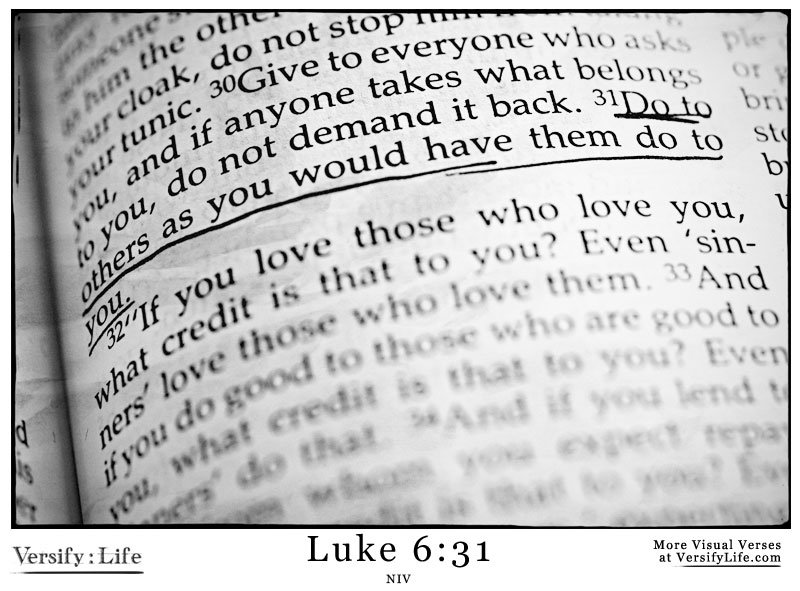Against Compelled Speech
MINISTER’S LETTER - 28 July 2022
Friends in Christ, I was mildly notorious some years back for abandoning my lifelong love of the Parrammatta Eels NRL team when they put a gambling logo on their team jersey.
I could not abide promotion of gambling to impressionable children via what their sporting heroes wear, nor indeed the fact they'd become walking billboards for betting if they purchased the team jersey.
So I have some sympathy with the Manly players in the recent "Rainbow Pride Jersey" furore.
Not everyone interprets such jerseys in exactly the same way, nor do I expect all Chritians to agree with how I respond to wearing such logos whether for gambling or 'pride inclusion'.
But a Christian should not be required to celebrate pride implied in what they consider contrary to God's will in regards to human sexual conduct. Jesus clearly reserves for marriage between a man and a woman (e.g. Matthew 19:3-12).
There have been mistakes both of process and principle here.
The failure of principle is in trying to compel speech or symbolic action against a person's conscience, which should not occur if we respect human dignity.
This should not be forced on football players any more than for the Parliament's new Senate President, the Hon. Sue Lines.
She is an atheist and explains she doesn’t want to say the Lord’s Prayer as currently required of her role under Standing Orders. I hope consideration is given to amending the rules, so someone else could lead the prayer.
If you are trying to urge someone into making a statement about something you prize, but can only achieve it by shaming or pressure to say or wear something they don't want to say or wear, it's a pointless exercise.
The process failures at Manly are at least twofold:
Failure to consult with the players themselves as key stakeholders, and so disrespecting their religious, ethical and perhaps cultural convictions. I am pleased the Manly coach, Des Hasler publicly recognised and apolgised for that.
Failure to consider a reasonable accommodation to be inclusive of all. For example, surely the religious Manly Seven could have warn the near identical regular Manly jersey with the white stripes, in place of the introduced rainbow stripes.
This is exactly what I understand was done for Sonny Bill Williams towards the end of his career in both rugby codes, when his developing Muslim convictions caused him not to want to wear gambling, alcohol or banking sponsor logos! Likewise Cricket Australia agreed to a request from leg spinner Fawad Ahmed not to wear the logo of a beer sponsor on his playing shirt due to his Muslim faith.
But Christians should not rush to assume persecution is everywhere in rugby league. Just a few weeks ago, I watched the test match between PNG and Fiji, where the Fijian team sang a Christian hymn, before the match, televised on free to air TV. Then after a hard fought game, many members of both teams joined in a prayer and hymn together. The commentators spoke respectfully about the players' expression of faith.
And by the way, I hope the Christian players in such teams would not put peer pressure on atheist or agnostic team members to participate if they didn't believe.
Just two seasons ago, Indigenous players, including Josh Addo-Carr and Lattrell Mitchell, indicated their unwillingness to sing the national anthem before the State of Origin. They explained lines such as "young and free" appeared to 'blank' the very old cultures of the first inhabitants of our land.
Now, anyone watching NRL games will realise no player has every been compelled to sing along! But in reaction, the NRL even considered dropping the Anthem, which in turn offended others. In the end, the players who chose not to sing were not pressured and were mostly respected for their convictions.
Perhaps their convictions even contributed to the small but significant revision changing the Anthem's line to "one and free"... An excellent example of respectfully finding an accommodation for all, rather than forcing the issue either way.
What about in daily life? What if you are demanded to do something that offends your conscience. For example, I know some school students and employees have been urged or even directed to "wear it purple", or to "display the rainbow" even when they did not wish to. I repeat my advice from earlier in the year.
You could quietly but firmly say, "I respect all people in our community, as I hope you have seen by my example. But because of my faith convictions, I do not feel comfortable taking this step. Just like the ALFW respected the religion of that Muslim player, Haneen Zreika, and continued to include her, I hope you will extend respect for diversity to me, and allow me to uphold my Christian convictions, and not display this symbol."
If you are asked why your religion leads you to refuse a particular action, or to disagree with a particular popular claim about morality, then you might preface any answer you give with this, "May I ask if this is a safe space for me to share my convictions? Because my beliefs are core to my identity. And I hope soemthing so deeply personal would be listened to with respect, even if people disagree with me."
Jesus said: "Do to others as you would have them do to you" (Luke 6:31). Look people in the eye and remind them our need for respecting diversity can extend in many directions.
Warmly in Christ,
Sandy Grant
Dean of Sydney
